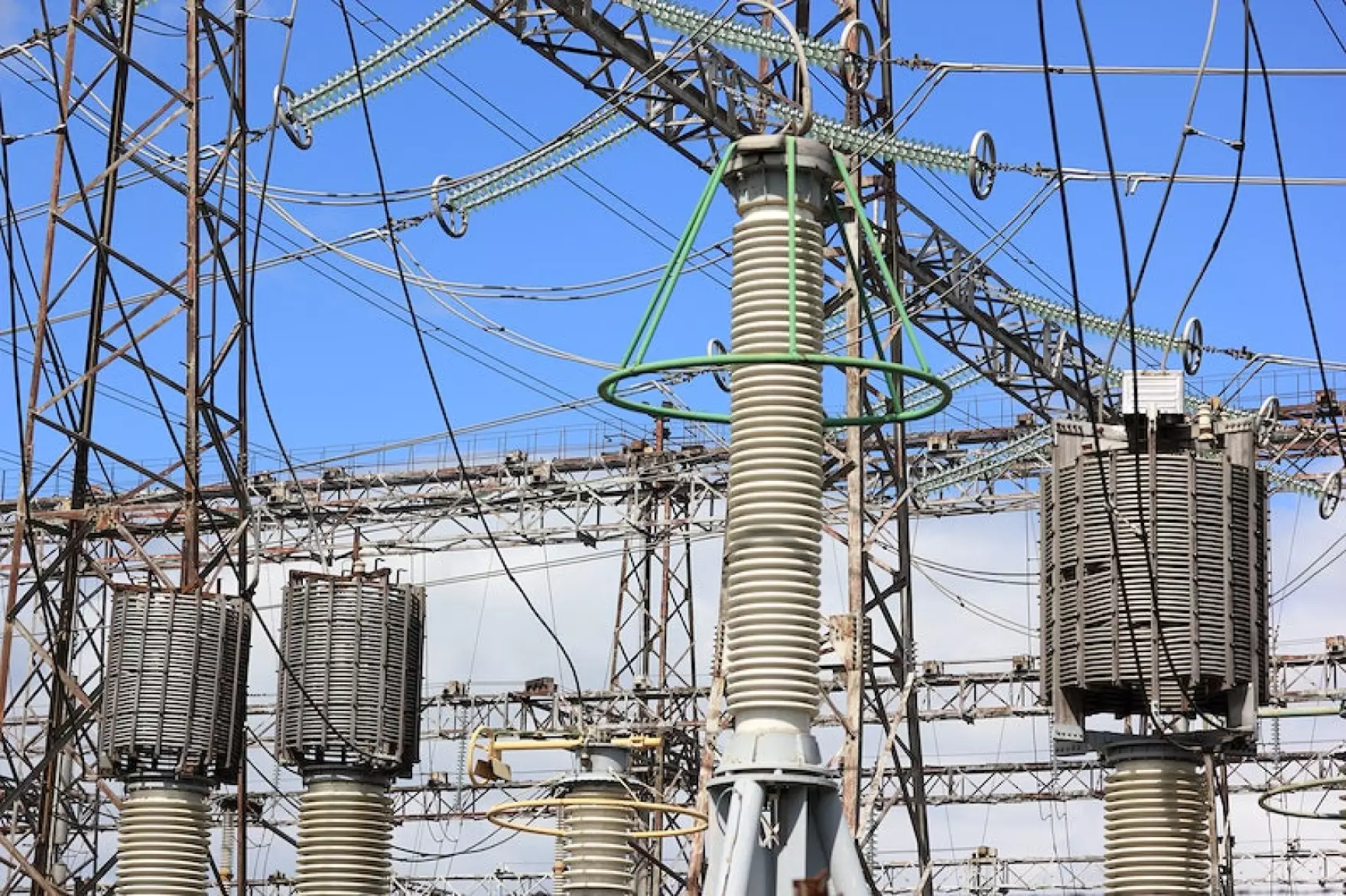Public Utility Rate of Return: Interest Rates
By Branko Terzic

The question is “Do rising interest rates hurt utilities?” The question could be rephrased as “Do rising interest rates hurt utilities’ _____?” Fill in the blank space with such terms as “stock prices”, “bond prices”, “cost of capital”, “revenue requirements”, “ratepayers”, “ability to finance new construction” and so on. The answer depends on what one uses to fill in the blank space.
One answer with respect to stockholders was provided in a speech a decade ago in Columbus Ohio before a NARUC and AGA audience of regulators and utility executives. Ron Barone attributed the lower total earned return at that time, as compared to the S&P 500, to “the rise in interest rates as well as portfolio manager perceptions that the local distribution gas company (LDC) space is becoming increasingly more risky.” This Ron Barone could be considered the “Dean” of utility analysts so I would not disagree with him on this call. Today I think most would agree that gas LDC risk is even greater.
Let’s next take the case of the utility ratepayer. Since interest payments are a component of the cost of capital (a recognized element of the revenue requirement), higher interest rates will lead to higher costs (all other things being equal) and require rate increases. Ratepayers with savings, however, would however benefit from higher interest on their savings or bonds possibly offsetting the higher utility rates. Ok, that’s a small subset of utility customer.
Overall utility ratepayers do not “benefit” from cost increases in any component of the revenue requirement and this is no exception. In 1974 Myron J Gordon wrote in The Cost of Capital to a Public Utility that “Other things the same, the lower the utility’s rate of return (and the price charged to consumers) the higher the level of consumer welfare.” Gordon also warns “However, the consumer interest requires that the demand for service at the price charged be satisfied.”
Putting it another way, these same ratepayers, however, “benefit” from the expanded service capacity provided by investment in new assets, the cleaner environment provided by improved technology or more reliable service, all resulting from the ability to charge higher rates to finance such improvements.
Interest rates to date have been high but are nowhere near the double-digit interest rates experienced in the 1980’s. As a state commissioner between 1981 and 1986 I remember when those increases, along with double digit inflation rates, caused annual and even “pan-caked” rate increase requests.
These same ultra-high interest rates also led to the realization, among many rate-of-return financial consultants, that the Gordon DCF model for estimating the required return on equity (ROE) for public utilities was significantly flawed. The reason for this was that the DCF models at that time were producing ROE’s below the prevailing interest rates. This meant that the “risk premium” of owning a utility stock compared to holding utility debt was negative. Addressing that issue economists A. Lawrence Kolbe, James, A. Read Jr and George Hall observed in their 1986 book The Cost of Capital: Estimating the Rate of Return for Public Utilities that the possibility of negative risk premiums “is not valid for firms subject to traditional rate regulation.”
Thus, the answer to the original question is that higher interest rates can “hurt.” But if the higher rates are necessarily incurred to provide the required quantity, quality, availability and environmental benefits of the new service they may well be worth it.
The Honorable Branko Terzic is a former Commissioner on the U.S. Federal Energy Regulatory Commission and State of Wisconsin Public Service Commission, in addition he served as Chairman of the United Nations Economic Commission for Europe ( UNECE) Ad Hoc Group of Experts on Cleaner Electricity. He holds a BS Engineering and honorary Doctor of Sciences in Engineering (h.c.) both from the University of Wisconsin- Milwaukee.
#BrankoTerzic #energy #regulations #experience #research #future #opportunity #strategy #management #people #electricity #power #utilities #renewables #RenewableEnergy #energysector #powergeneration #energyindustry #powergrid #power #electrical #electricalgrid #solarenergy #windenergy #renewableenergy #windturbine #windpower #wind #cleanenergy #energy #windturbines #engineering #powerlines #powerdistribution #substation #powerplant #powersystems #electricalengineering #cleanenergy #powersector #gogreen #climatechange
